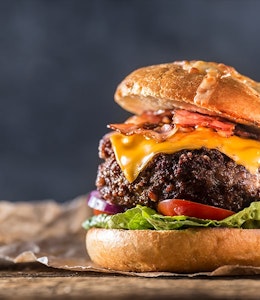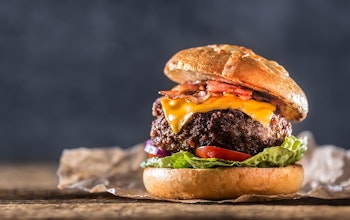Your Food Safety Cheat Sheet for Summer Dining
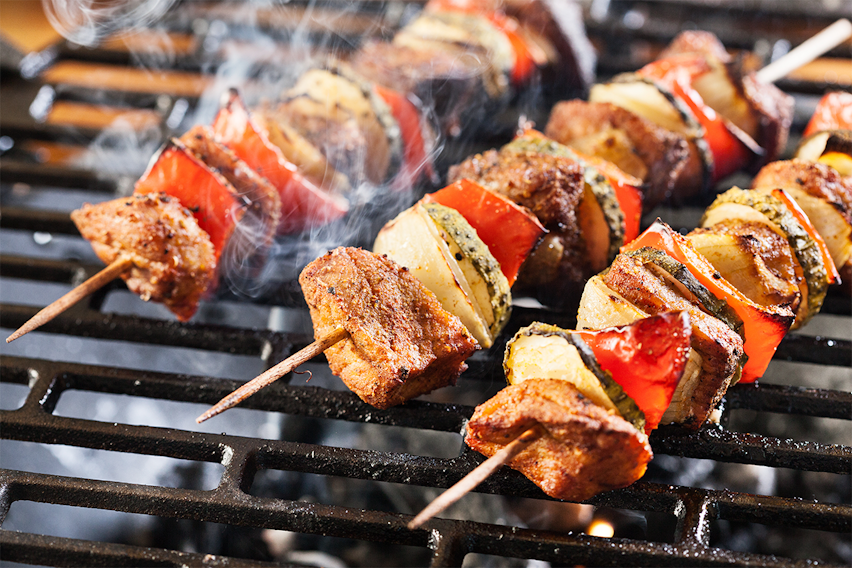
Summer is coming, and with it the opportunity of menus full of mouthwatering salads, outdoor-friendly finger food and barbecued and grilled meat dishes.
But summer also means a greater risk of food poisoning, with the warmer weather providing perfect conditions for the likes of Campylobacter, E. coli, Salmonella a and Listeria to grow (want to know about all these different types of bacteria that cause food poisoning? We’ve got all you need to know right here).
We all know the risks of eating chicken that’s pink in the middle or seafood that’s past its best, but what else should Caterers and home cooks be doing to make sure that they’re minimising the risk of food poisoning when it’s hot outside?
From barbecued meat to food made for picnics, our quick and easy list of tips will help you stay responsible and safe...
Make a priority of hand-washing
This is the number one defence against food contamination and cross-contamination is regular and thorough handwashing. You should do this upon entering the kitchen - as well as before leaving it, after handling raw meat or poultry, after handling allergen ingredients and before doing things such as kneading or rolling out dough. You should use soap and warm or hot water - for clean hands there’s really no substitute.
Be careful of cross-contamination
A common cause of food poisoning, cross-contamination can be avoided by keeping raw meat or poultry (and allergen ingredients if required) completely separate from other foods and cooking them in separate pans, using separate utensils.
Never wash raw chicken
This is a sure-fire way to spread germs, as they will transfer to the splashback of water and potentially land on utensils, worktops, other food or your hands. It’s probably safest to avoid washing any raw meat at all.
Don’t reuse plates
Don’t transfer raw meat to a pan or grill to be cooked and then back to the same plate after cooking - the germs from the raw meat will transfer to the cooked meat. This also goes for putting cooked meat back into a marinade after cooking.
Use separate utensils
Grilling meat? Use different utensils when you’re ready to take it off the heat and serve, ensuring none of the germs from when it was raw and put on the grill are transferred.
Wash fruit and vegetables before use
Putting together a nice summer salad or an Eton Mess? Rinse the fruit and vegetable ingredients with cold water before using them.
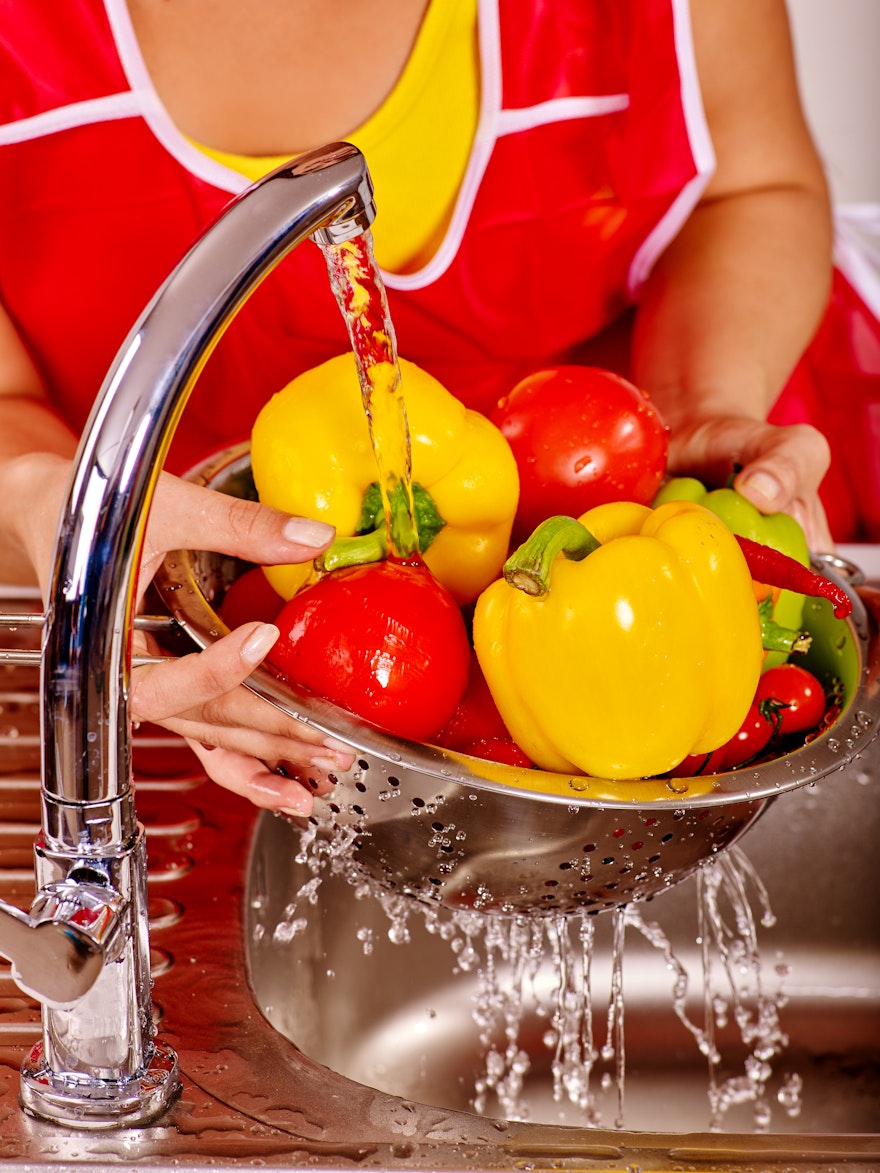
Take foods out of the fridge at the last possible moment
Hot weather is a breeding ground for germs, and the longer this heat has access to food the more opportunity these germs have to grow. So when it comes to summer favourites like coleslaw and potato salad keep them refrigerated as long as possible.
And never leave them out to spoil
You should not serve cooked meat or dairy dishes that have been left out of the fridge for over 2 hours, as they may be contaminated.
Use a meat thermometer
Barbecue season calls for grilled meat, which can be a real bacteria hazard. Using a meat thermometer is the most accurate way of ensuring meat has been cooked to a safe temperature.
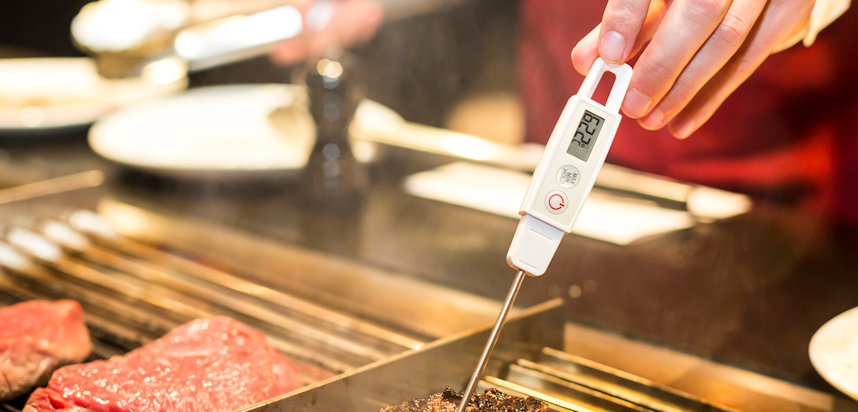
Don’t confuse cooking a burger with cooking a steak
A steak may only need to be seared and browned on the outside to be safe to eat but the same does not go for burgers (this is because the beef has been minced). A burger must be properly cooked through.
Prepping? Refrigerate your food as soon as it’s cooled
If you’re making up food ahead of time, allow it to cool properly and then refrigerate. This is the best process for avoiding the growth of bacteria.
Stick to the 2 hour rule
Catering an outdoor buffet or picnic? Never leave meat, fruit and vegetable or dairy dishes outdoors - or even at room temperature - for longer than 2 hours. You can use cool bags and ice boxes to keep things chilled as needed.
Keep the grill or barbecue clean
This may seem obvious, but a grill should be cleaned properly after use and also before use if it has not been used very recently.
Beware of cooking frozen food on the grill
It’s easy to forget that a barbecue or grill won’t necessarily cook food as fast as a powerful oven will, and so when it comes to frozen food the risk of undercooking is high. Avoid this by defrosting meat (in a dish) and placing on the bottom shelf of the fridge until needed.
If meat is defrosted make sure it is cooked within 24 hours, and remember - it can’t be refrozen.
Respect use-by dates
When it comes to food safety it’s crucial to know the difference between best before and use-by dates (and if you’re currently in the dark we have the perfect refresher right here). Cooking food past its use-by date can result in food poisoning.
Make sure charcoal is red
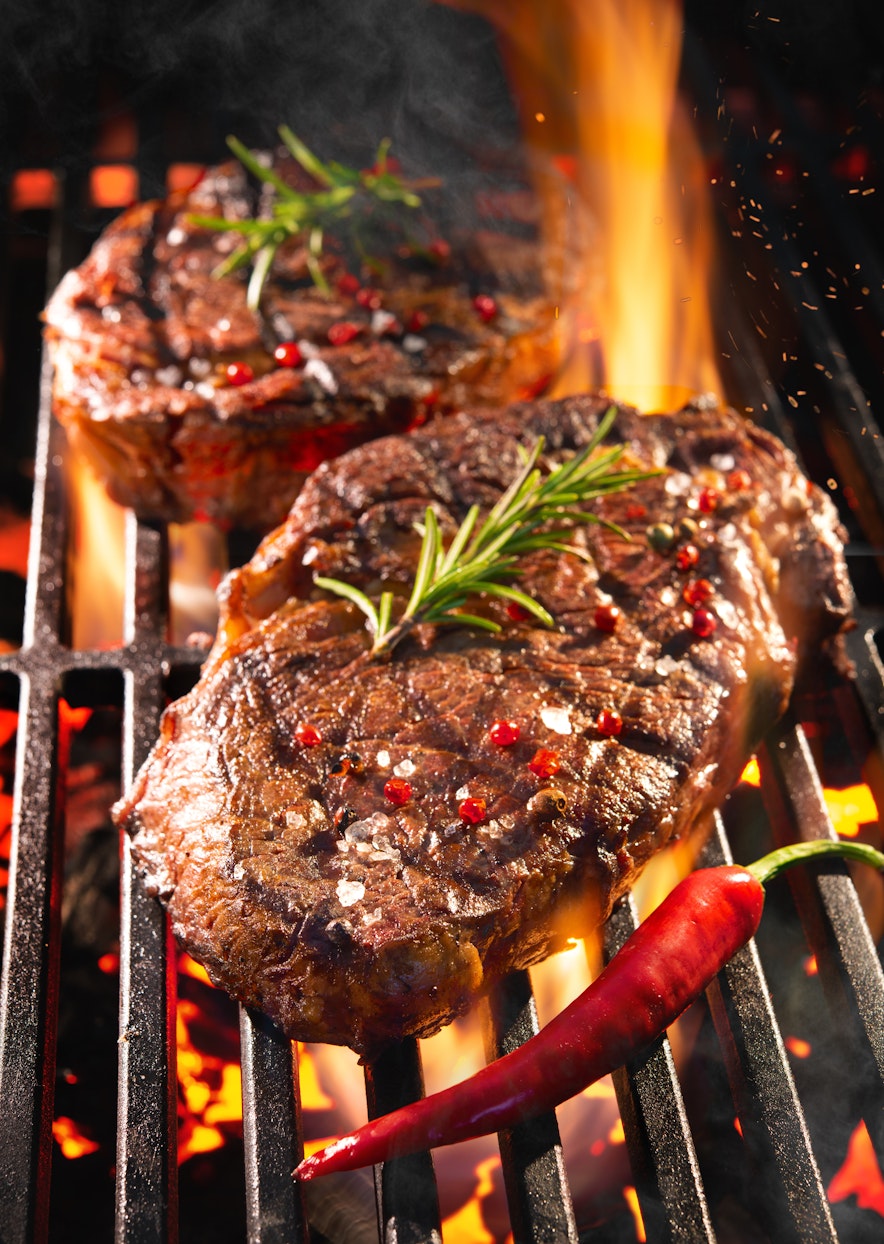
If cooking meat or other food over charcoal, wait till the coals glow red before starting. If they aren’t red they’re not hot enough yet and may not heat the food thoroughly enough.
Pre-cook you barbecue meat in the oven
This is particularly relevant for meats like pork and chicken which are more susceptible to the likes of salmonella than beef and cured meats. Cooking meat in the oven before finishing off on the grill or barbecue takes less time and means dishes still have that lovely smokey flavour - without compromising on safety.
Keep your grill organised
Don’t let raw meat and cooked meat touch each other, and make sure you’re turning the meat regularly to ensure it’s cooked evenly on all sides.
Take the juice test
When cooking meat on a grill or barbecue check the juices that come out of it. Clear? You’re good to go. In any way cloudy or opaque? Stick it back on the heat as it’s not safe to eat yet.
Want to know more about barbecue safety and hygiene? Find the FSA guidance here.
You may also be interested in…
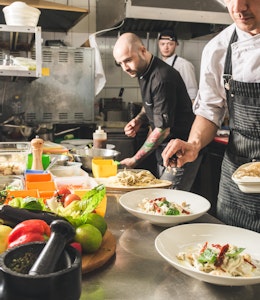
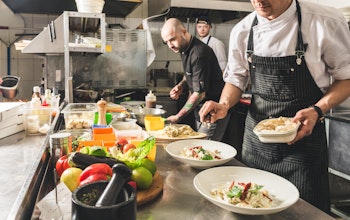
You may also be interested in…


